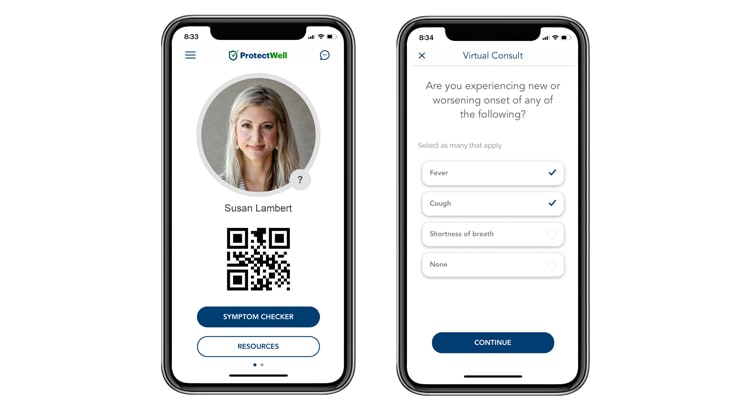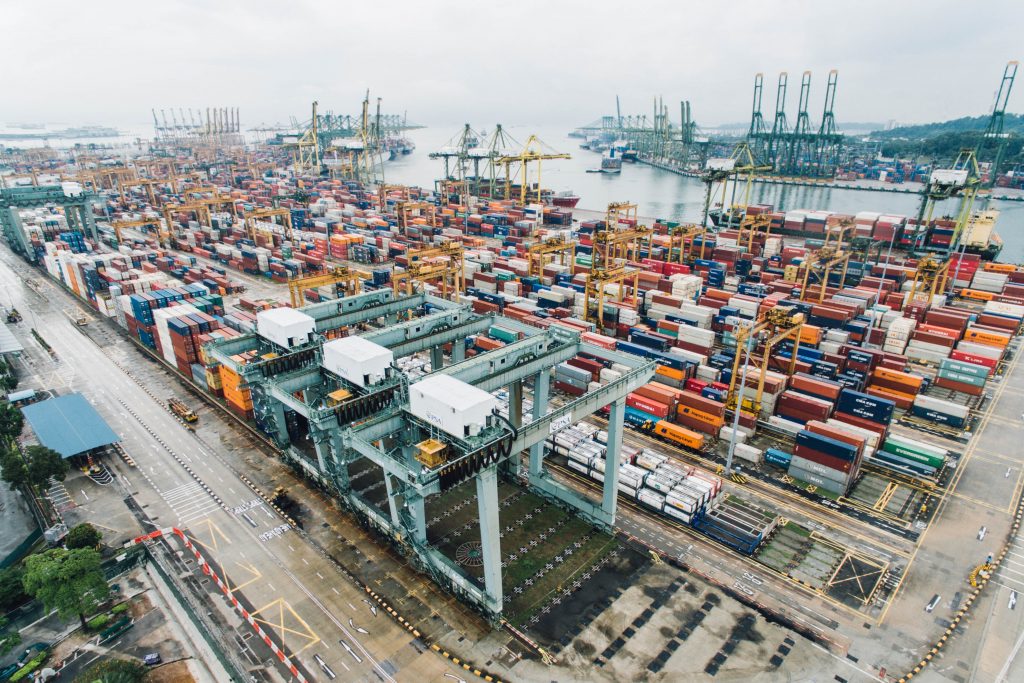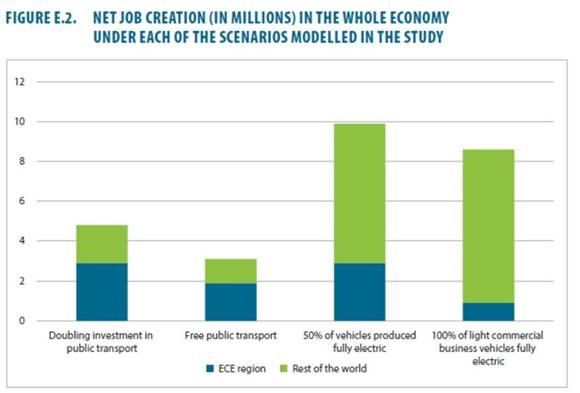#1. Microsoft and UnitedHealth offer companies free app to screen employees for coronavirus

#2. New Zealand Prime Minister opens door to 4-day working week
New Zealand Prime Minister Jacinda Ardern has recently floated the idea of shifting to a four-day working week to boost domestic tourism that has been severely impacted by the pandemic. Speaking on a Facebook Live video the Prime Minister hinted that COVID-19 may be an opportunity to rethink the way we work to help the local economy. She said: “I encourage people, if they’re an employer and in a position to do so, to think about whether or not [a four-day week] is something that would work for their workplace, because it certainly would help tourism all around the country”. The World Economic Forum explains that a four-day working week that would not lead to a reduction of people’s income would boost tourism as workers would have more leisure time to explore their own country at the time when travel aboard remains limited.
Watch the video here.
#3. Here’s what CEOs see coming after the pandemic
What will the world look like once the pandemic has passed? In the Fortune 500’s annual survey, CEOs have shared their insights on what they expect to change in the post-COVID-19 era. Here are some of the key takeaways: 91% of them agreed that business travel will become less frequent, replaced by video conferencing. 82% agreed that nationalism will rise, and global supply chains will become less common. 55% are of the opinion that trust in government will not rise as a result of their response to the crisis and CEOs were split on the issue of China strengthening as a power in the world (42% agreed the country will become more powerful while 38% were of the opposite opinion). Earlier this week our CEO Alain Dehaze outlined five key trends that will define the new world of work. Among those he foresees that state involvement in labour markets will remain strong and that the world will experience a potential wave of de-globalization.
#4. US jobless claims keep climbing to hit 38.6m since lockdowns began
.png?h=563&iar=0&w=876&hash=7ACD93206007A5F58E7A140B8EF630AB)
#5. Post-pandemic ‘green shift’ in transport could create up to 15 million jobs




